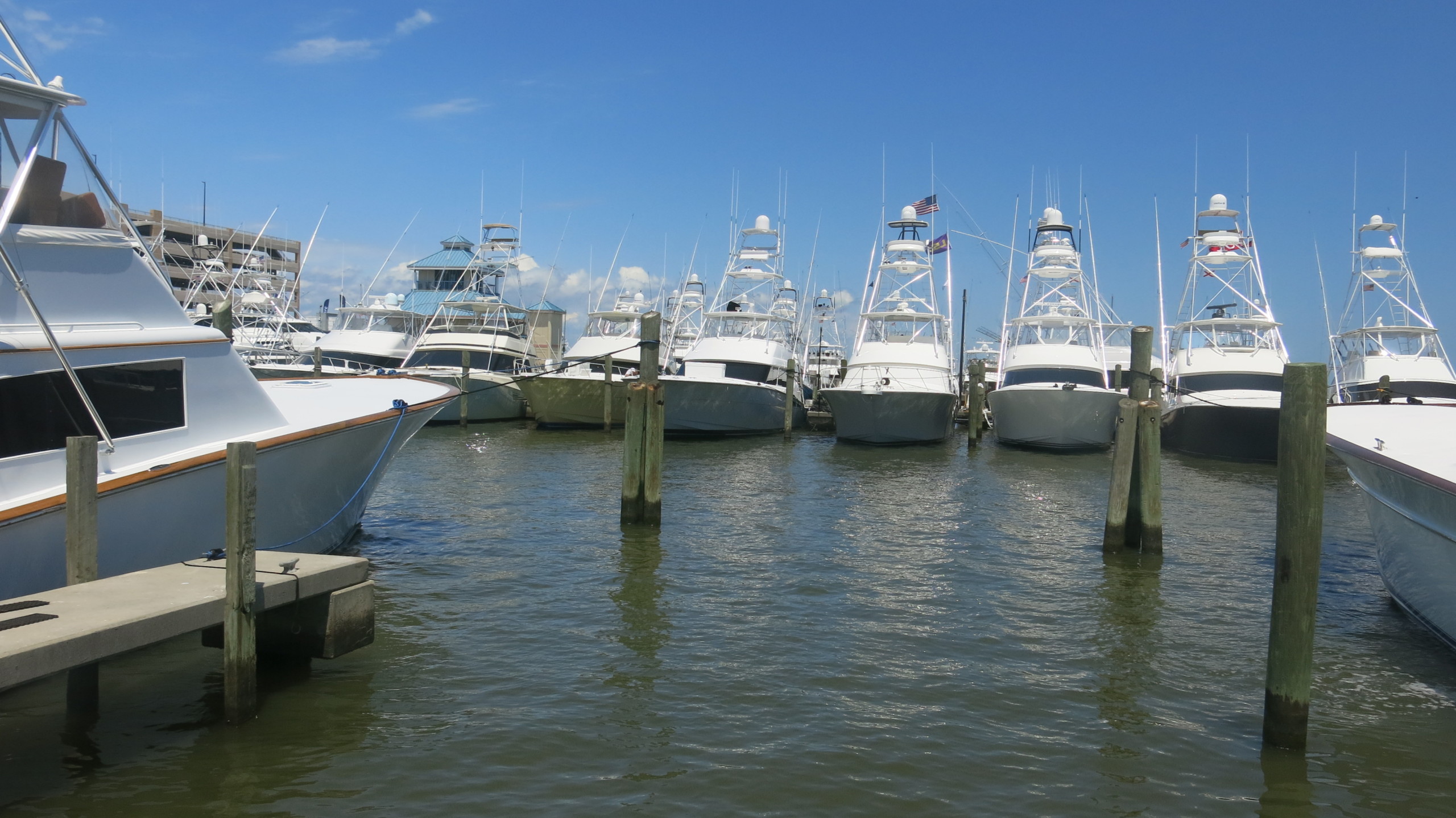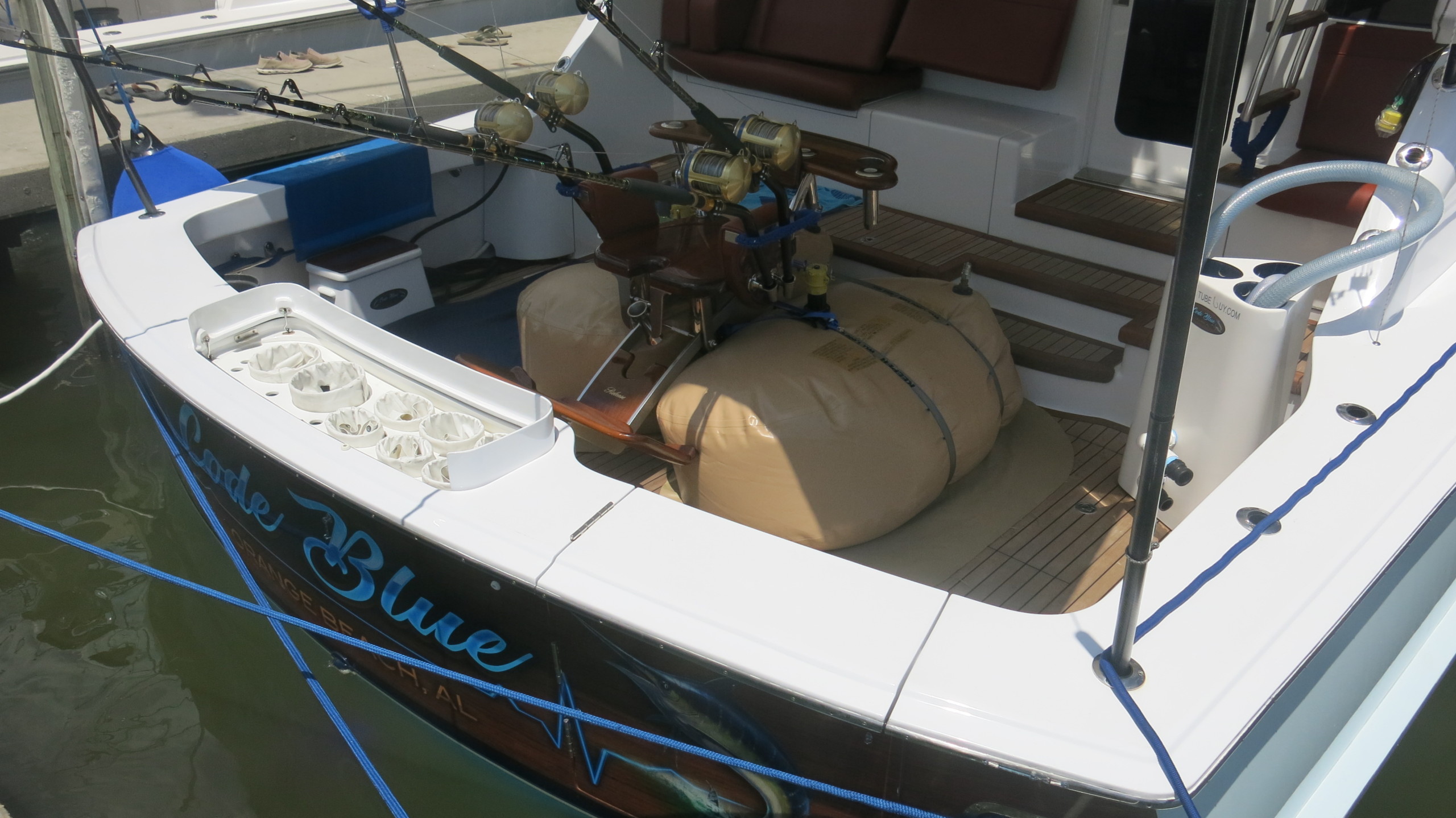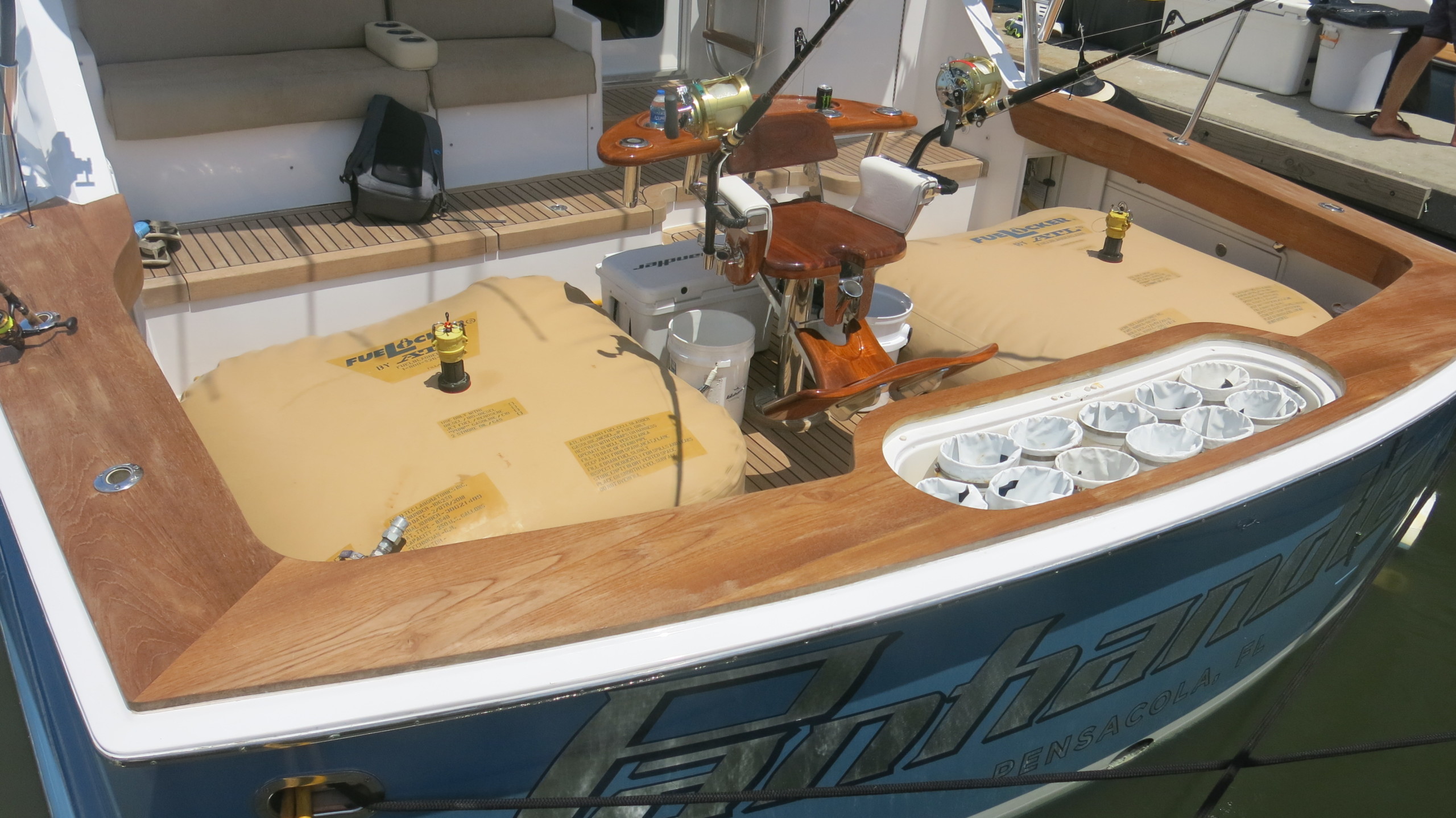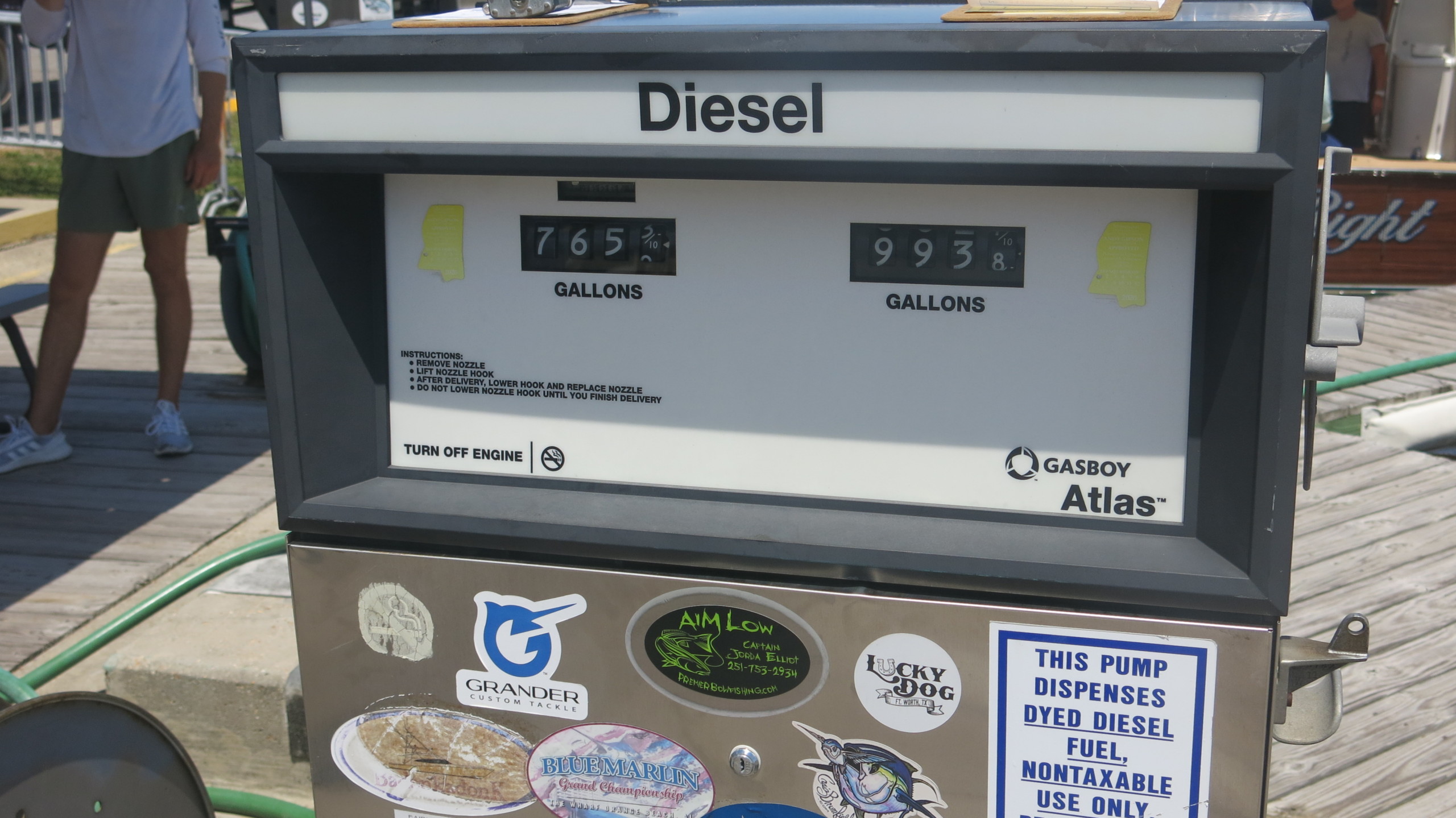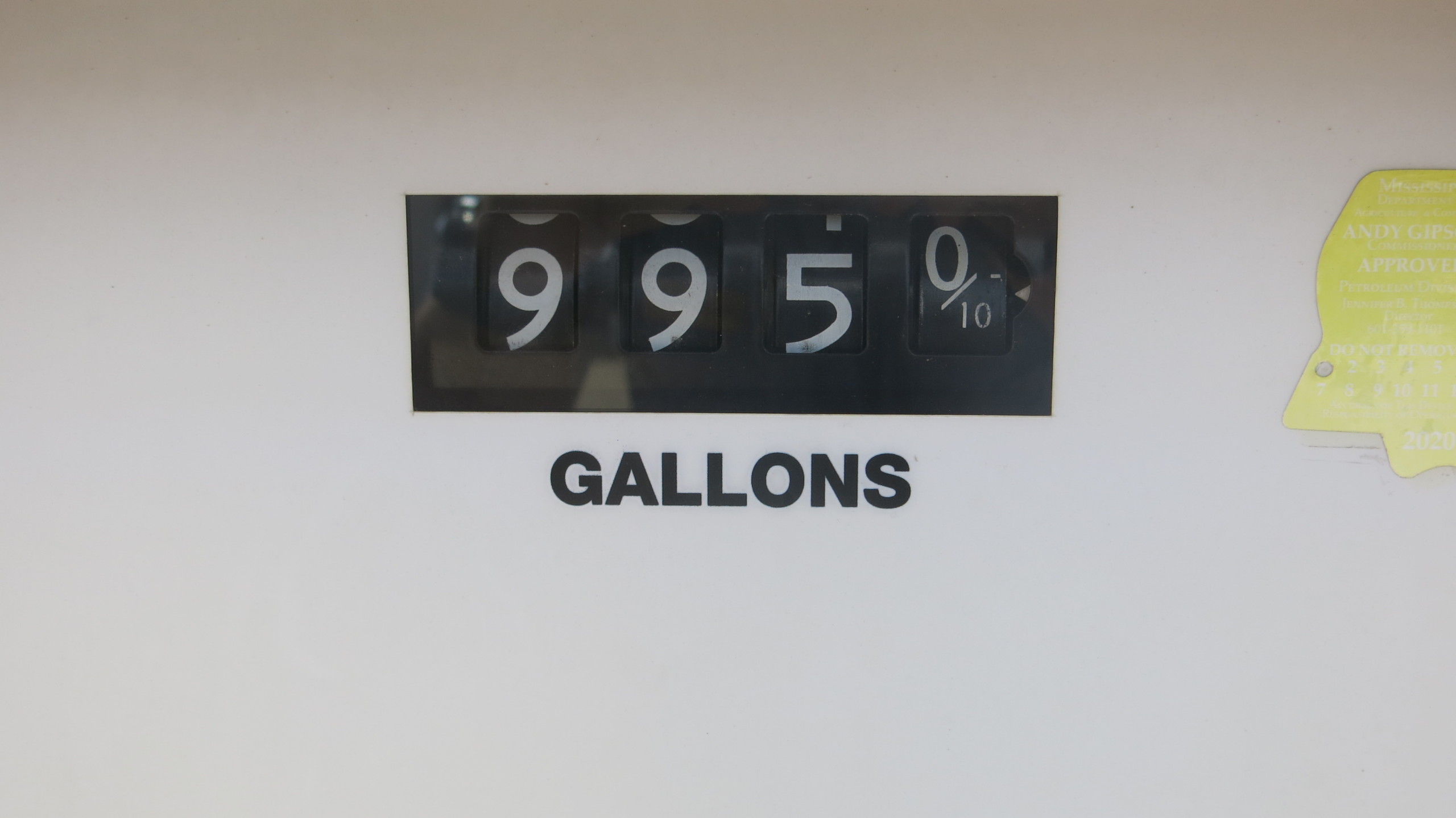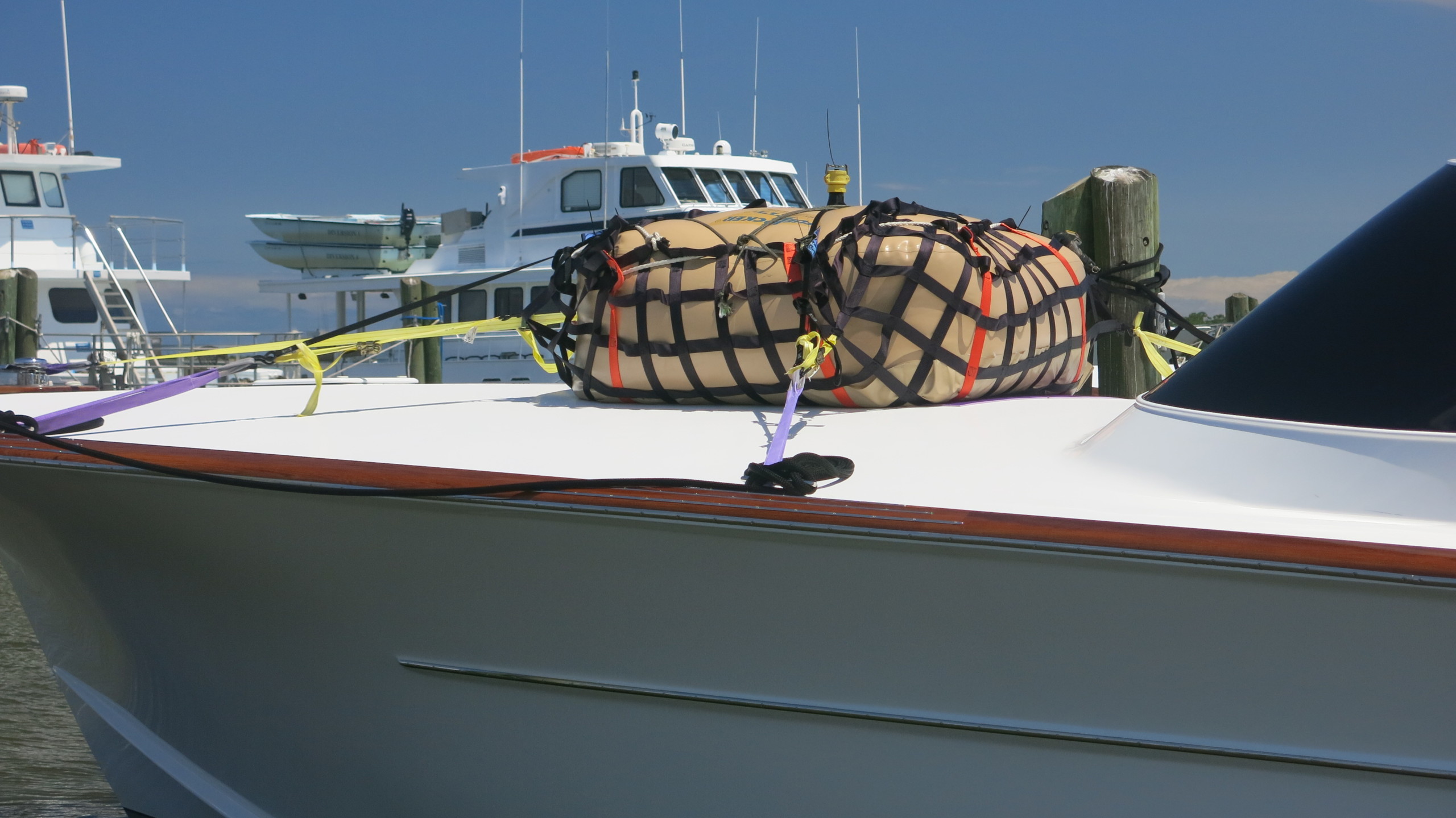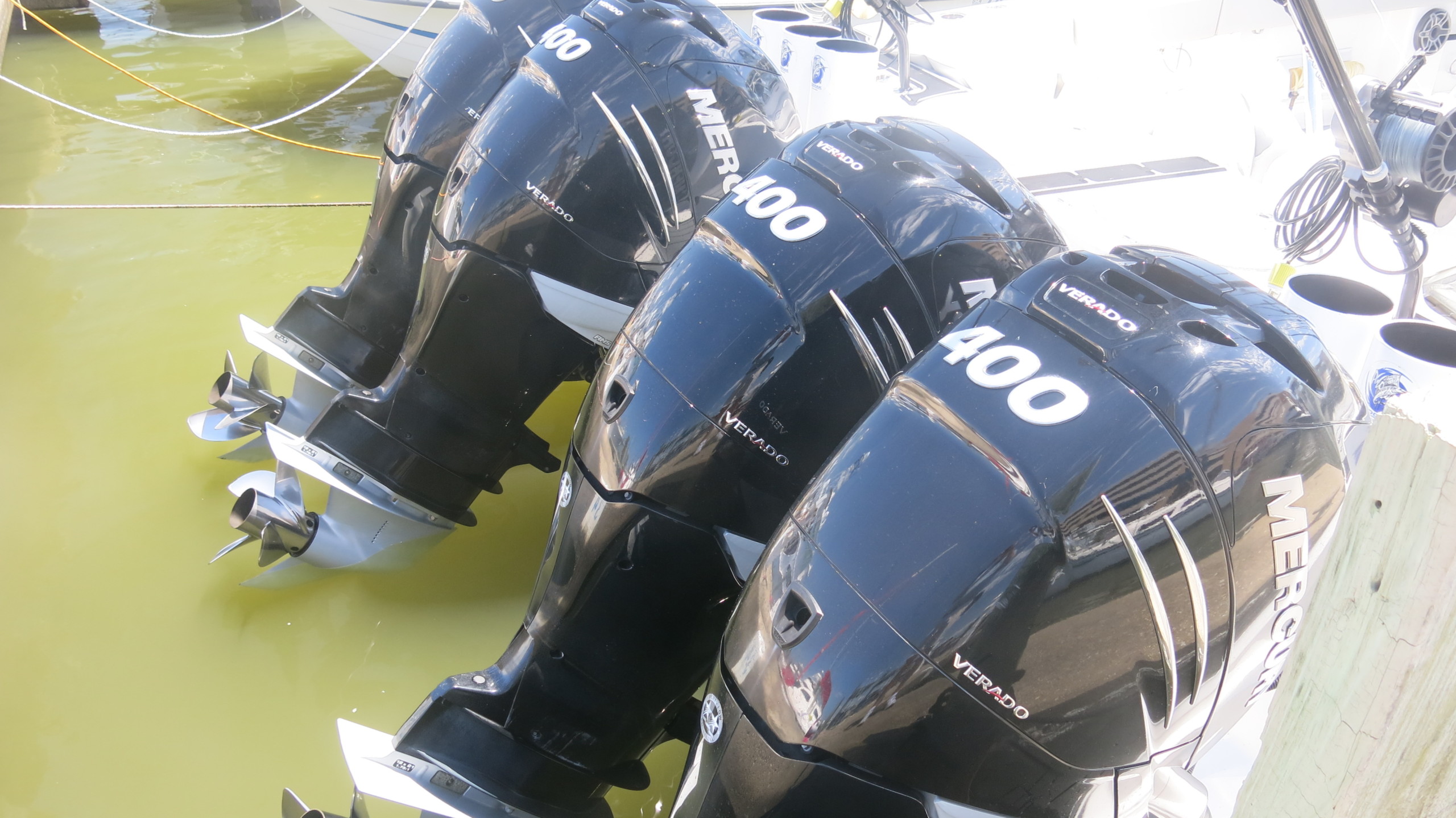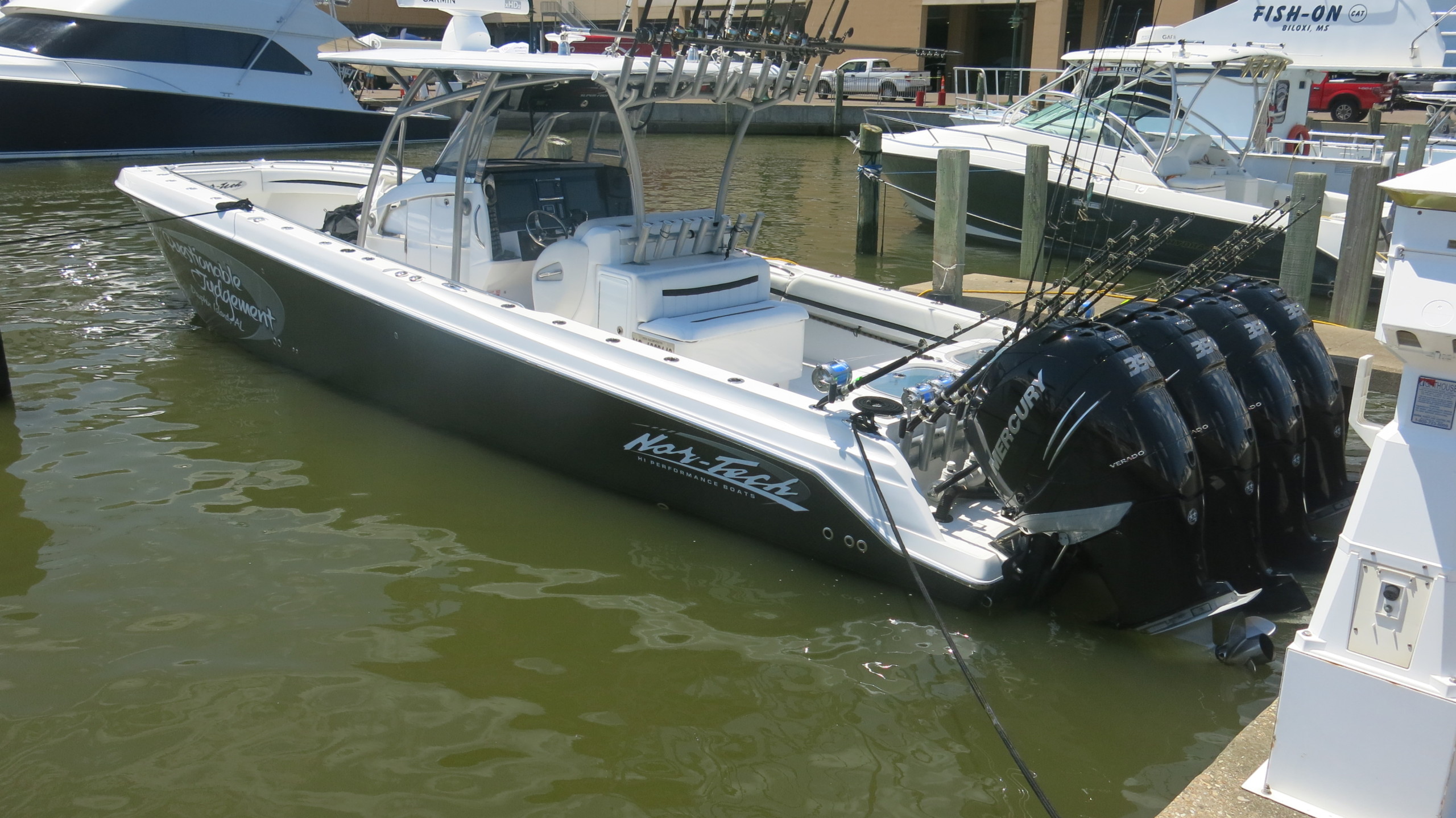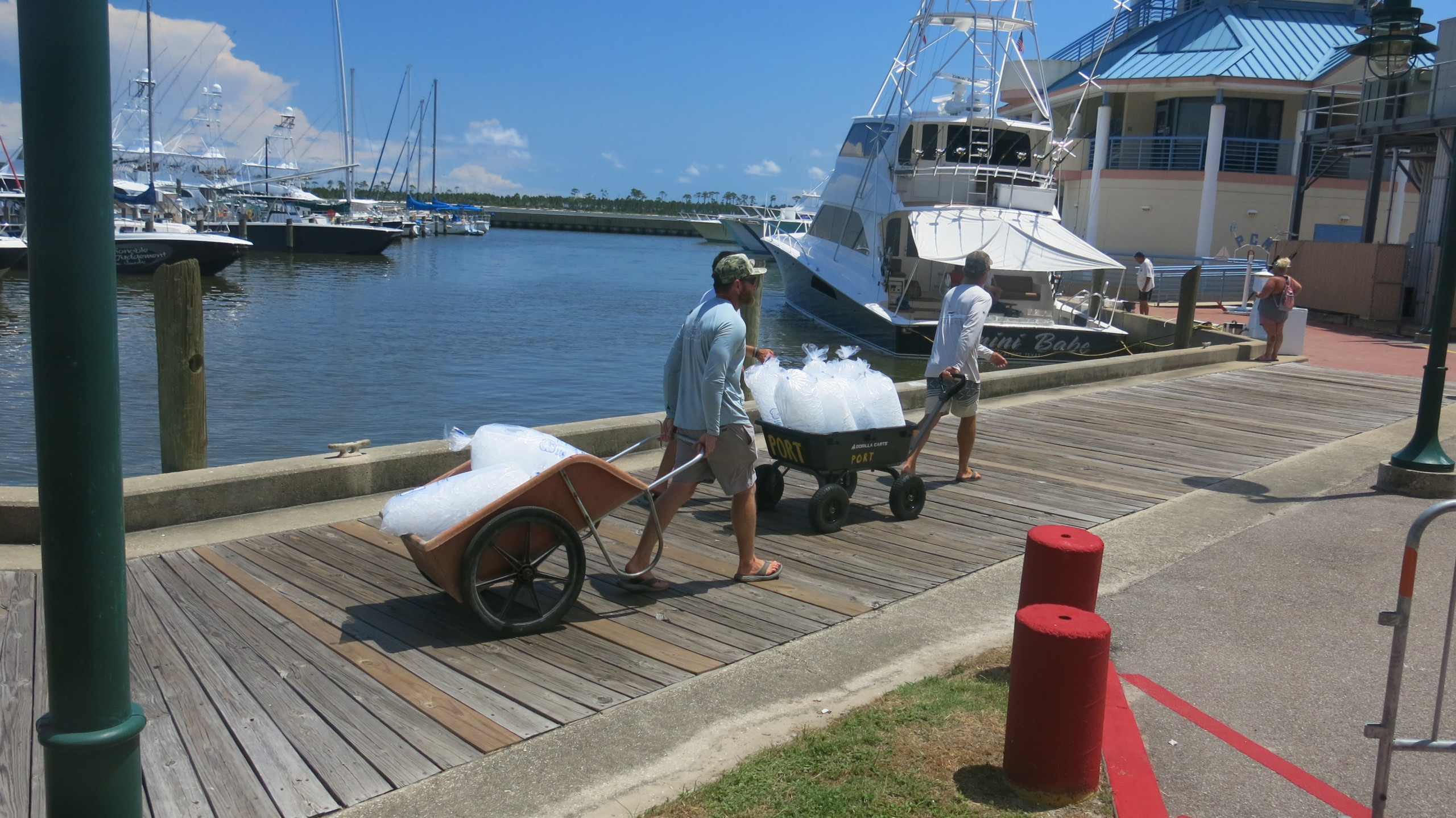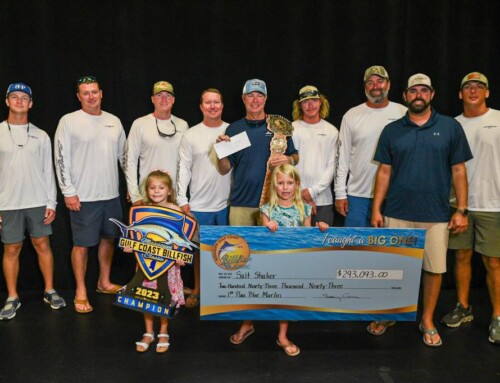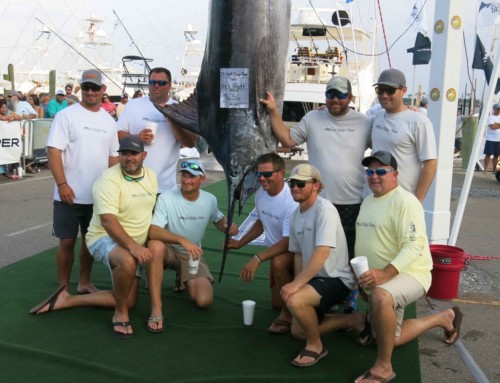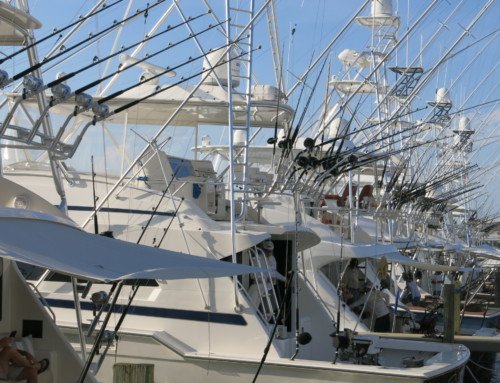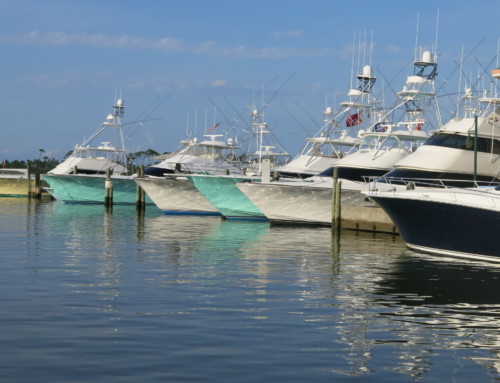June 8, 2022; Biloxi, Mississippi:
By Capt. Dave Lear
Look around the docks at the Port Cadet Marina in Biloxi and you won’t see the nautical equivalent of Prius, Volkswagen or even Tesla. The view instead features large gleaming blue-water battlewagons with massive diesel inboards or a stable of high-powered outboard ponies. Each is adorned with wind-resistant outriggers, hardtops and racks of fishing combos. And while they also sport a considerable fuel cell for the size, many have temporary fuel bladders nestled in the cockpits and strapped to the bow. Why? The Gulf of Mexico is a big body of water and the game fish sought all have tails.
That presents a challenge when diesel marine fuel is nudging $5.00 a gallon and those engines burn hundreds of gallons every hour when running hard.
“We’re trying to get everyone fueled up as fast as possible,” explains Danny Pitalo, owner of Gorenflo’s Tackle and the fuel docks at Port Cadet. “Some boats are just filling their bladders and not taking too long. But others are pumping 2,000 gallons and that just takes time.”
A majority of teams are countering the higher fuel prices by using a forecasting service to pinpoint ideal conditions where the fish are likely to congregate. Capt. Tom Hilton owns one of the more popular services in the Gulf, Hilton’s Realtime Navigator. Using satellite imagery and computer modeling, subscribers can see actual conditions in the Gulf like temperature and chlorophyll readings, color changes, upwellings and other aquatic features that concentrate bait. Find the bait and favorable features and the large pelagics won’t be far behind.
“Conditions have been stable the last couple of weeks,” Hilton explains. “The River Rip, where dirty water from the Mississippi River is stacked up against cobalt blue water, is a viable option for the tournament boats. From Biloxi, it’s anywhere from 80 to 120 miles to the southwest.”
Hilton also says there is a big counter clockwise upwelling in the vicinity of Devils Tower, Elf, Blind Faith and Thunderhawk oil rigs, which brings nutrient rich water to the surface. The rig pilings act as artificial reefs to collect bait and game fish.
“Elf is famous for big fish,” he adds. “And a lot of good fish get caught in clean, green water, too. In these days of astronomical fuel prices, having a service such as ours is a no-brainer because it increases fuel efficiency and success rates. You don’t have to burn fuel searching when prime conditions are already identified. For a $200 annual fee, it’s money well spent.”
When it takes $71,500 to enter all Classic categories across the board, saving a few bucks on diesel or gas for the boat seems like pittance. Those savings can be applied to ice, bait and tackle, though. And little details like that just might mean a really big check on the awards stage Sunday morning.

